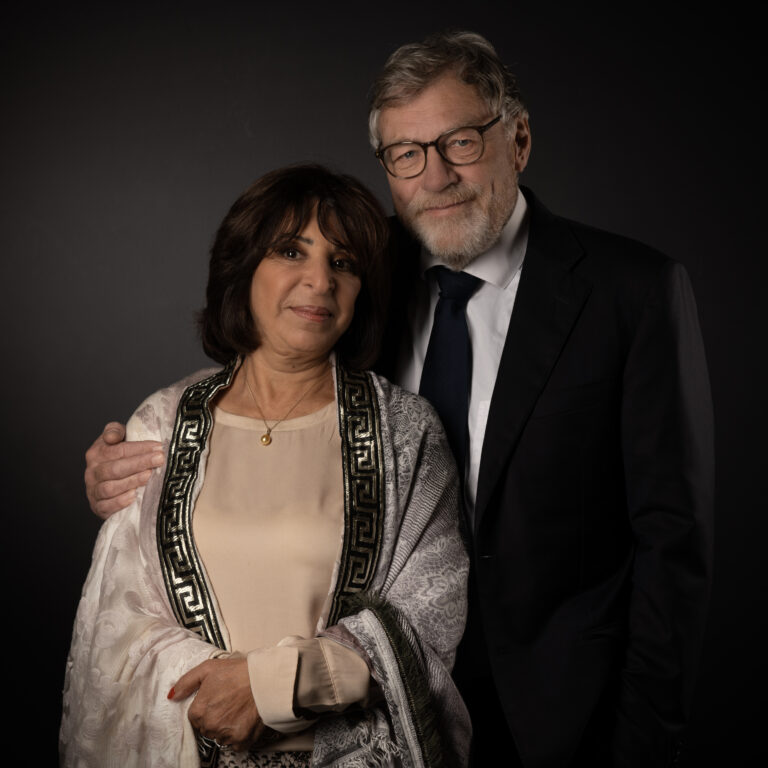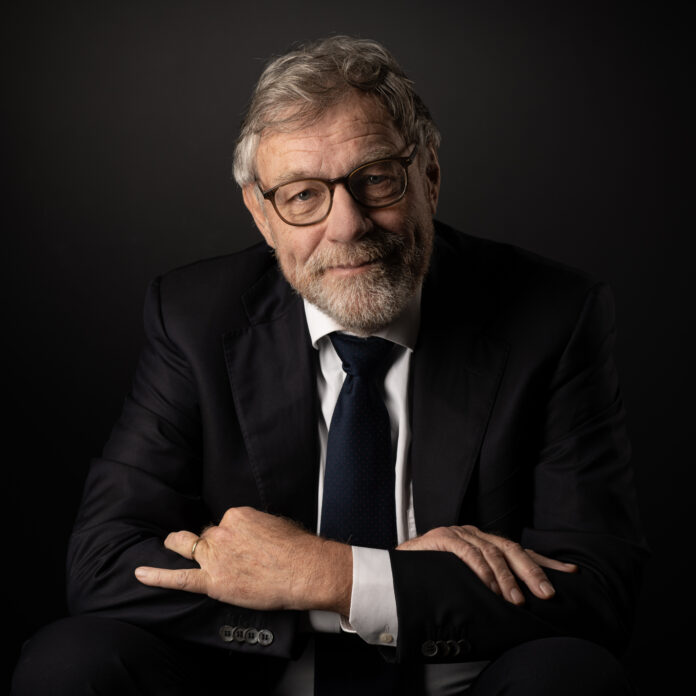By Roy Lie Atjam
The Ambassador of Panama H.E. Ms. Elizabeth Ward Neiman hosted a Panamanian gastronomic festival featuring food specialities of her country Panama. It was a two-day festival that took place in The Hague on 18-19 April 2024.
Ambassador Elizabeth Ward Neiman entertained fellow ambassadors from Argentina, Chili, Cameroon, Costa Rica, Ecuador, Greece and Curacao, along with high representatives from ICC, ICJ, IOM, business persons, and public servants to name a few. The Food Festival was open to members of the public by reservation via Leo’s International Flavors.

Ambassador Ward Neiman delivered her welcome address, she was introduced by Mr Thomas Kortleve, General Manager of Leonardo Royal Hotel The Hague, who recently returned from a fabulous and revealing visit to Panama. He very much appreciated the architecture of the old city and of course the Panamanian cuisine.
The Ambassador stated in her speech “It is an honor and a privilege for me, as the Ambassador of Panama to the Kingdom of the Netherlands, to address you tonight during the Panama Gastronomic Festival. Today, we gather to celebrate Panama´s culinary diversity and showcase its offerings as a tourist destination, an investment hub, and, of course, a gastronomic paradise.

Panamanian cuisine is a living reflection of our history, culture, and diversity. Combining indigenous, African, European, and Asian influences with the fresh and exotic ingredients that characterize our land, each dish you savor will tell a unique and delicious story.
From sancocho to ceviche, from coconut rice to patacones, our cuisine is a sensory journey that brings people together around the table.


For tonight´s meal, renowned Panamanian chef Roberto Torres´s creativity stands out. Roberto has prepared a unique menu that blends tradition with innovation, while taking our palates on a journey through Panamanian cuisine. His culinary talent and his passion for local ingredients are undeniable.
However, Panama is not only a gastronomic destination but also a country filled with breathtaking landscapes, a rich history and a vibrant culture. Additionally, it offers a conducive environment for investment and business growth. With a solid economy, a strategic and safe location, and a welcoming business atmosphere, Panama stands as an ideal destination for those seeking new opportunities.

I want to commend the work of our co-hosts, the Consulate General of the Panamanian Merchant Marine in Rotterdam.
This consulate plays a crucial role in facilitating services related to navigation under the Panamanian flag, ensuring compliance with the highest international standards of safety and maritime regulation.

I also wish to express my gratitude to Diplomat Magazine and to the Leonardo Hotel for their help in organizing this event which allows us to share our gastronomic culture with you. Their continued support to the diplomatic community as well as their commitment to excellence is invaluable.
Last, but never least, I mention special words of appreciation to the embassy team who are the backbone of everything we do.

The Gastronomic Festival is more than just a celebration of food; it is a tribute to Panamanian identity and hospitality. I invite all of you now to explore the flavors of Panama and enjoy our traditional dances, while you admire our typical dress, the pollera.
Long live Panamanian gastronomy, and the friendship between Panama and the Netherlands!”
Panama stands out. Green diplomacy, is an interesting concept. Panama, known for its tourism, investment opportunities, and gastronomy, is also a country that takes climate change seriously. In 2021, Panama produced 82% of its electricity from renewable resources, setting an example for other governments around the world. Panama is leading the way in conserving carbon sinks while transitioning to clean energy.


At the dinner, Ambassador Ward Neiman, who was elegantly dressed in red and had a friendly smile, chatted with guests at each table. She even made a second round, this time introducing Chef Roberto Torres.
The three-course menu consisted of ceviche in yellow leche de tigre, seabass, cheese empanada, and more for the starter. The main course was duo de Caribe, which included escabeche, pork belly, and roasted chicken. For dessert, guests enjoyed sweet corn cake, coffee-chocolate mousse, caramelized pineapple with lemon sorbet. Beverages served at the dinner included red, white, and rose wines, as well as a choice of Zombie Cocktail and pineapple-coconut juice before the dinner.

The event also featured a display of typical Panamanian outfits, as well as a dance performance by the group Conjunto Folclorico Panama, Bailes y Tradiciones de Berlin. The performers, Julian Perez-Urriola and Minoska Ramirez, put on a dazzling show.
The evening was further animated by a constant flow of lively Panamanian tunes. Overall, the Panamanian gastronomic festival was impressive, combining indigenous, African, European, and Asian influences with fresh and exotic ingredients. It catered to different tastes, appealing to food lovers and foodies alike.
All in attendance enjoyed the gastronomic festival.






























